A new guide to help small bakeries reduce surplus and waste has been published by The Real Bread Campaign.
Called No Loaf Lost, it is designed to encourage small, independent bakeries to reduce the number of surplus loaves they produce. The guide is divided into five sections to help bakers monitor their surplus and make and implement a reduction plan:
• Reasons to slice surplus
• Identifying when, where and why surplus arises
• Ways to minimise mismatches between production and sales
• Involving and communicating with customers and staff
• What to do with any surplus that is still produced
The guide includes insights from bakery owners and food waste reduction experts, and is designed for each bakery owner to select the elements that could work for their business.
The Real Bread Campaign said it produced the guide after finding it difficult to get advice dedicated to helping small bakeries reduce the surplus they create.
The Real Bread Campaign is encouraging bakers to download the guide from its website and make the following No Loaf Lost pledge:
- Publically state its commitment and promote it to customers
- Appoint a champion responsible for loaf surplus and waste reduction
- Measure the weight and retail value of loaf surplus and waste
- Write and implement an action plan with targets to reduce loaf surplus and waste
- Aim to redistribute or repurpose 100% of any surplus that remains
- Train staff according to the plan
- Report results to the Real Bread Campaign every six months, reviewing and (if necessary) revising the plan
- Help to influence wider progress on loaf surplus and waste reduction.
The Real Bread Campaign has created No Loaf Lost in its role as a Courtauld 2025 partner. The Courtauld 2025 agreement is designed ‘to cut the resource needed to provide food and drink by a fifth in ten years’ from 2015 to 2025, which includes a 20% reduction in food and drink waste, a 20% reduction in greenhouse gas intensity and a reduction in impact associated with water use in the supply chain.’



















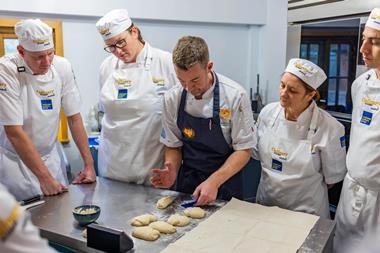
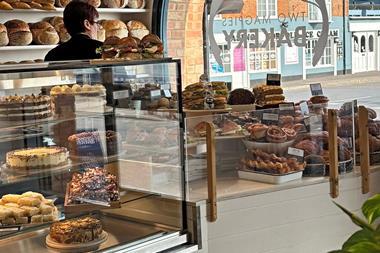

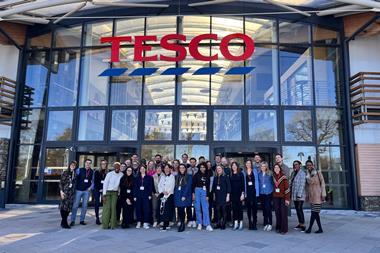
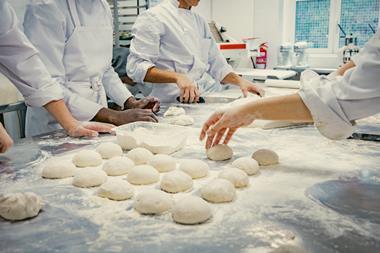


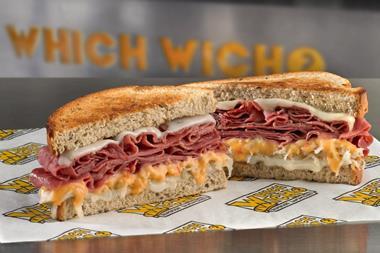
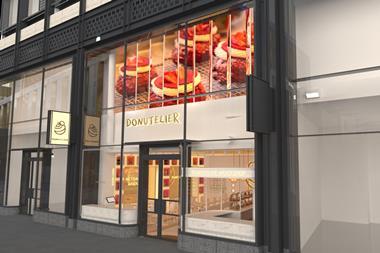
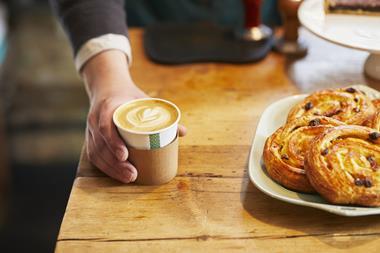
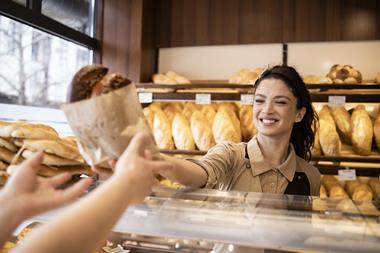
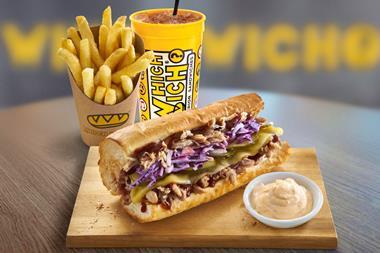

No comments yet